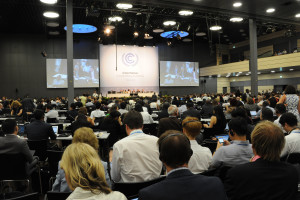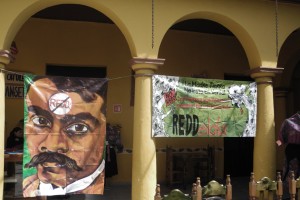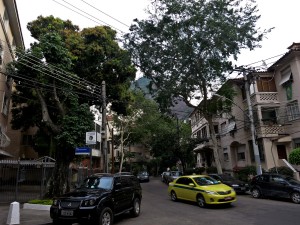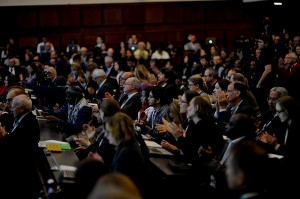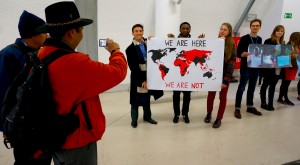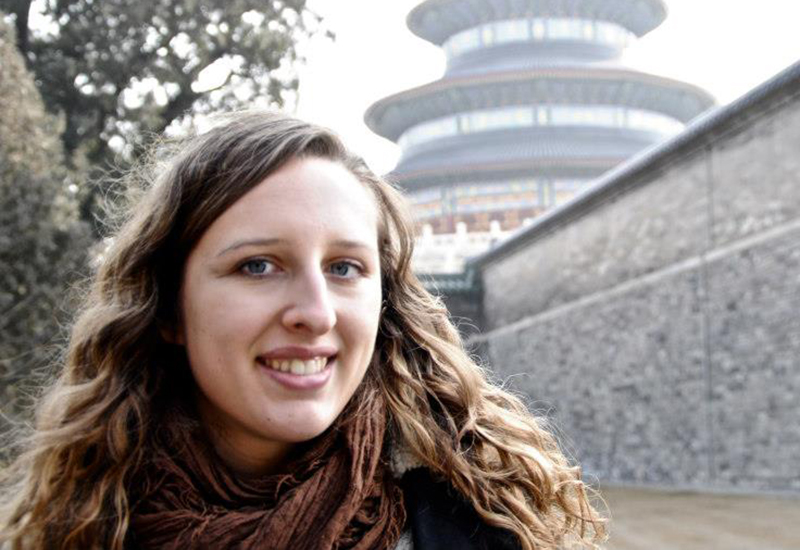
About Cécile S
Determined, compassionate, restless. Cécile is a dual French/German citizen who speaks five languages. She is a forest expert. She got her master’s degree at Sciences Po Paris in International Affairs, with a specialisation in environmental policy. Now working at the European Office of Conservation International in Brussels, she is investigating how the EU’s trade policies affect other countries’ environment, development and political stability. Her two years living in South America has turned her into quite the salsa dancer.
Latest from Cécile S
Bonn ADP2.10 Wrap
Cécile S | September 10th, 2015
The Verb wraps up progress on the UN climate negotiations after ADP 2.10 in September 2015.
REDD in Chiapas
Cécile S | August 10th, 2014
When Mexico entered the UNFCCC’s REDD program it wasn’t for the protection of forest homes.
Can Brazil Save the Amazon?
Cécile S | November 22nd, 2013
Brazil’s recent efforts to curb its deforestation have all but increased in the past year. Known as the world’s lungs, the Amazon is one of the biggest carbon sinks. With
Dreams Or Numbers For Gender Equality?
Cécile S | November 21st, 2013
Tuesday’s UNFCCC ‘gender and climate change’ day was unconventional in many ways. In hosting the feature event, Christiana Figueres, executive secretary of the UNFCCC, did not ask panellists to talk
European Investment Bank – A Pioneer In Climate Finance
Cécile S | November 21st, 2013
From coal-fired power plants to insulated homes, Europeans are busy greening their economies through climate-friendly finance. The Verb has compiled a top ten list with all you need to know
Connecting The Dots For Tomorrow’s Agriculture
Cécile S | November 20th, 2013
The Global Landscape Forum highlighted how young people are involved in sustainable agriculture. Original ideas were put forward by engaged young entrepreneurs; including a tree-planting project for ex-soldiers in Uganda,
Interview with Charles Meshack
Cécile S | November 18th, 2013
Charles Meshack heads up Tanzania’s Forest Conservation Group. Founded in 1995, it is now the largest Tanzanian NGO focussing on natural forest conservation. In Warsaw, he recently presented about the
The European Union – Angel or Devil?
Cécile S | November 16th, 2013
Europeans simply love climate change – or at least they relish in the idea of stopping it. The European Union (EU), with its twenty-eight members, is leading the United Nations
Fast-start Finance at Crossroads
Cécile S | November 15th, 2013
Fast-start finance is a hot topic at the UN climate change negotiations in Warsaw with countries recently releasing their final figures. During 2009-10, developed countries agreed to free up US$30




